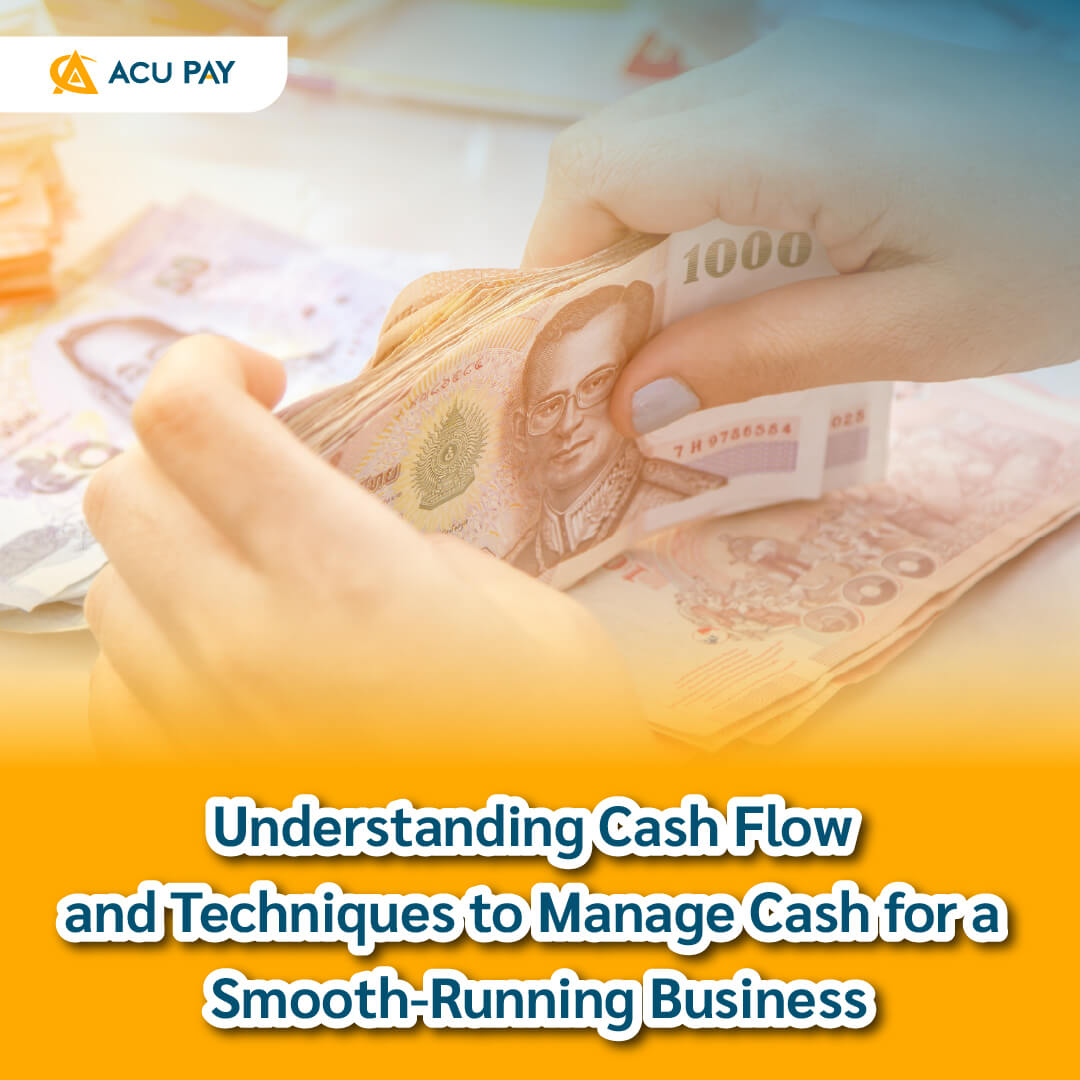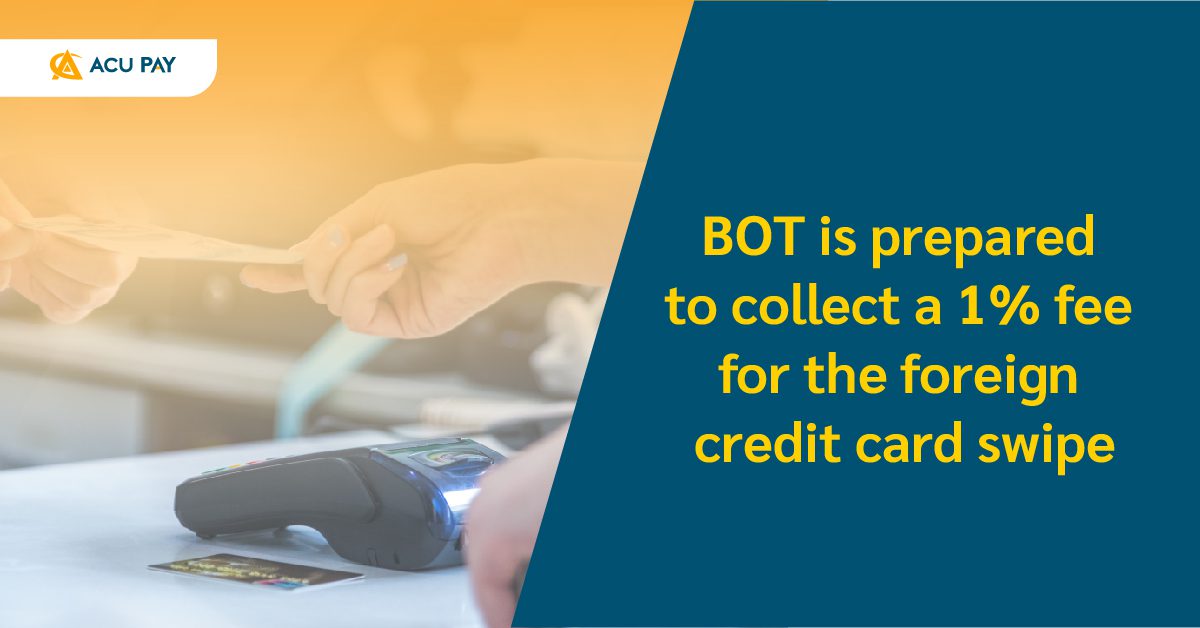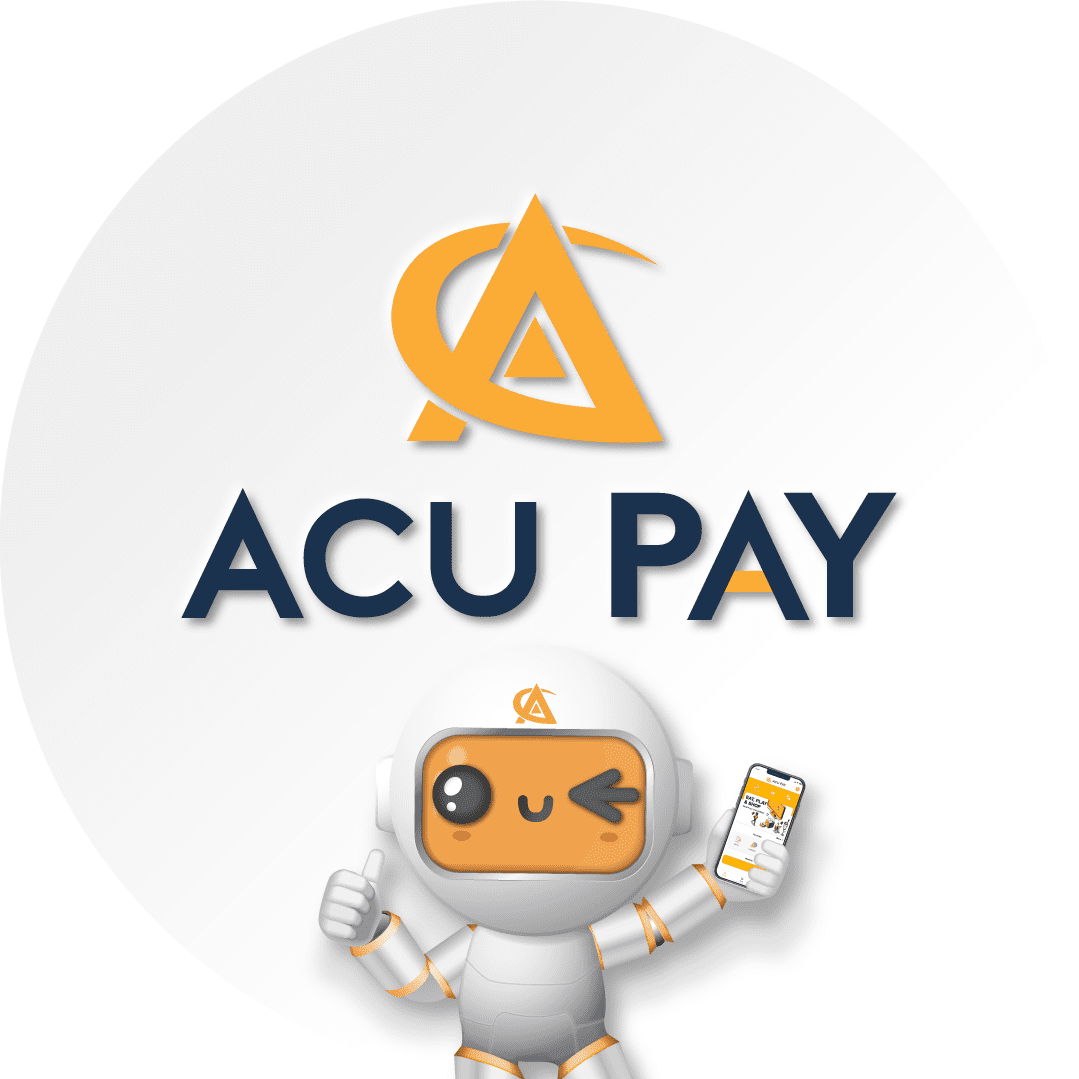

This is because the policy of Visa and Mastercard clearly states the fee charges at 1% of the total value of goods and services paid in Thai Baht. However, the maximum that the commercial banks charge from shops is at 2.5% of the actual total spending, one part of the 2.5%fee goes to Visa and Mastercard, and the other part goes to the banks.
Normally, the commercial banks charge at 1 – 2.5%, or all credit cards market charge at 2%. This fee will be charged more or less depending on the ability to manage exchange rate costs or the campaign to stimulate the amount of each.
The charge on a 1% DCC fee occurs after online shopping on the foreign platform gains more popularity and the spending has grown rapidly, accounting for 3 – 4% of total overseas spending. Moreover, the currency exchange rate highly fluctuates, causing higher costs for the entrepreneur.
Therefore, there is a set that for online shopping on overseas platforms, if the platform provider defines or gives a choice for you to pay in Thai Baht, the online platforms will add DCC fee in the goods prices. Thai credit card holders will be charged the DCC fee at 1% of the total spending, but if you choose to pay in local currency such as yen, euro, or US dollar, you will have to pay a fee of 2.5% of your spending.
The Bank of Thailand (BOT) reveals that the BOT will call those financial institutions in to declare about the mentioned fee. The Bank of Thailand (BOT) reveals that the BOT will call those financial institutions to declare about the mentioned fee. In case of whether a charge at 1% is too high or not, BOT has to discuss it with many parties, but it is believed that the discussion will be done before May 1, 2024.
This is because the policy of Visa and Mastercard clearly states the fee charges at 1% of the total value of goods and services paid in Thai Baht. However, the maximum that the commercial banks charge from shops is at 2.5% of the actual total spending, one part of the 2.5%fee goes to Visa and Mastercard, and the other part goes to the banks.
Normally, the commercial banks charge at 1 – 2.5%, or all credit cards market charge at 2%. This fee will be charged more or less depending on the ability to manage exchange rate costs or the campaign to stimulate the amount of each.
The charge on a 1% DCC fee occurs after online shopping on the foreign platform gains more popularity and the spending has grown rapidly, accounting for 3 – 4% of total overseas spending. Moreover, the currency exchange rate highly fluctuates, causing higher costs for the entrepreneur.
Therefore, there is a set that for online shopping on overseas platforms, if the platform provider defines or gives a choice for you to pay in Thai Baht, the online platforms will add DCC fee in the goods prices. Thai credit card holders will be charged the DCC fee at 1% of the total spending, but if you choose to pay in local currency such as yen, euro, or US dollar, you will have to pay a fee of 2.5% of your spending.
The Bank of Thailand (BOT) reveals that the BOT will call those financial institutions in to declare about the mentioned fee. The Bank of Thailand (BOT) reveals that the BOT will call those financial institutions to declare about the mentioned fee. In case of whether a charge at 1% is too high or not, BOT has to discuss it with many parties, but it is believed that the discussion will be done before May 1, 2024.
Alternatively for those who do not want to be charged a 1% DCC fee, they must pay in foreign currency as a destination country or via other channels such as E-Wallet and travel card that are free of charge. However, it depends on whether the country is activated or not.
For shopping lovers, there is a trick that is recommended to check which currency is more worthwhile between foreign and Thai currencies. You may try to buy low-cost products and compare them to which currency has the lowest DCC fee.

ให้ทุกเรื่องการเงินเป็นเรื่องง่าย เริ่มต้นวันดีๆ ไปกับเรา MAKE A GREAT DAY WITH ACU PAY